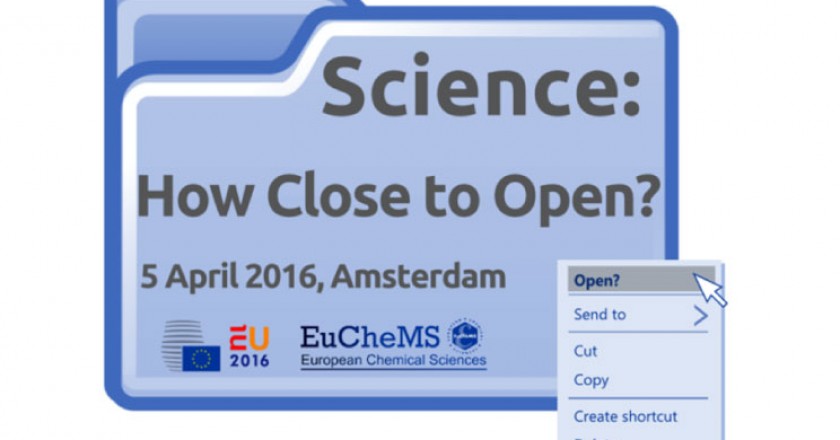The European Young Chemist Award 2016 is intended to showcase and recognise the excellent research being carried out by young scientists working in the chemical sciences and will be presented at the 6th EuCheMS Chemistry Congress to be held in Seville from 11-15 September 2016. It will follow the 2006, 2008, 2010, 2012 and 2014 European Young Chemist Awards held in Budapest, Torino, Nürnberg, Prague and Istanbul during the previous editions of the European Chemistry Congresses.
EYCA’s award was inititated by the Italian Chemical Society (SCI), the Consiglio Nazionale dei Chimici (CNC) who also organise it this year with the collaboration of t
Applicants must submit the following items by e-mail to euchems.award@gmail.com by 1 April 2016 in order to be considered for the award.Application information.






You must be logged in to post a comment.